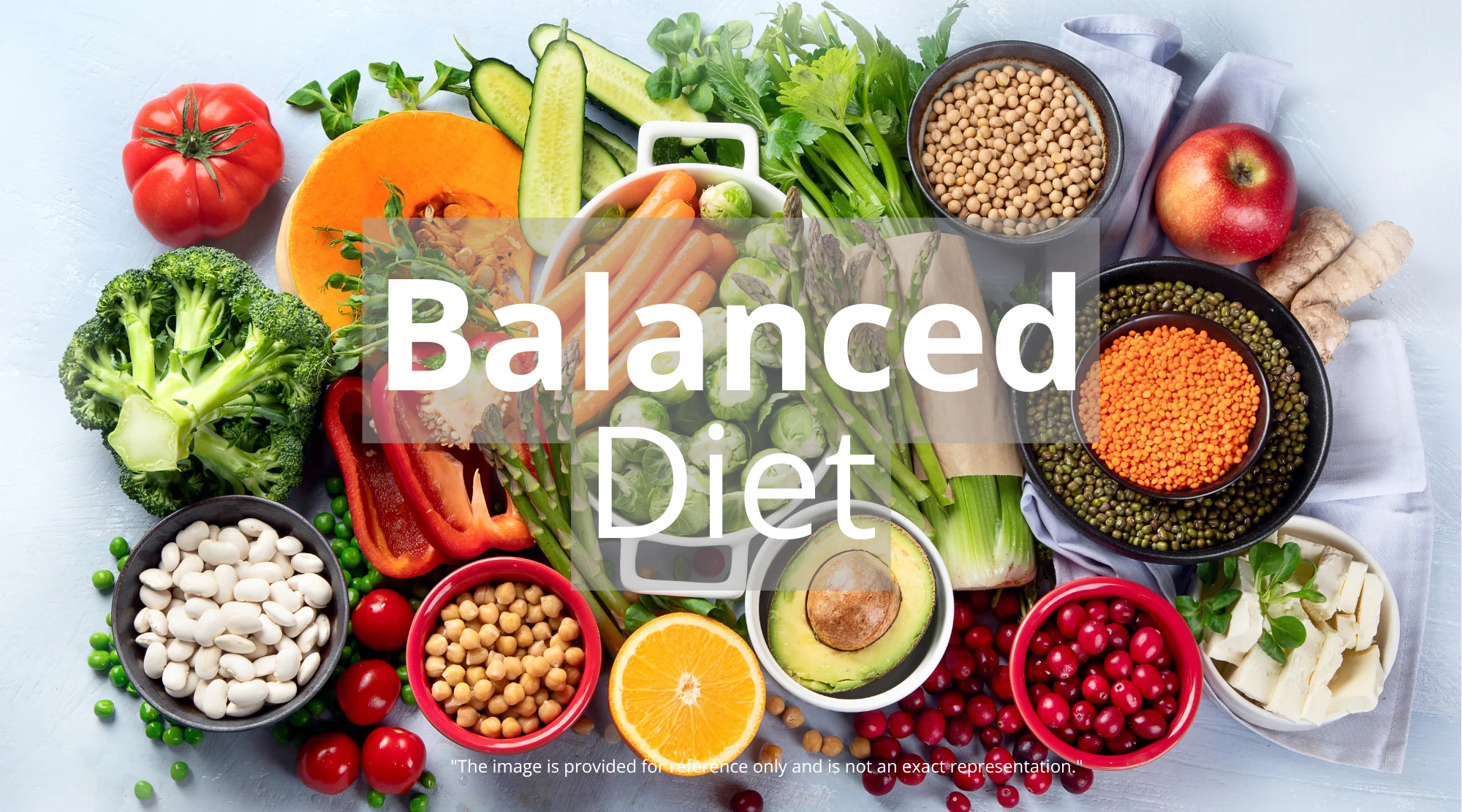Eat Your Way to 70 and Beyond: Dietary Secrets for Healthy Aging
The quest for a long and healthy life often feels complex, but recent research simplifies it. Harvard University’s study, echoing a wealth of scientific understanding, highlights the crucial link between diet and healthy aging. Focusing on whole, unprocessed foods can dramatically impact your quality of life as you approach your 70s and beyond. This article dives deep into the dietary guidelines that empower you to live a vibrant, energetic life, offering practical advice and actionable steps to transform your health.

The Harvard Study: A Foundation for Longevity
The Harvard study, focusing on a substantial cohort of over 105,000 individuals aged 39-53, meticulously tracked their dietary habits and overall health over three decades. This longitudinal study provided invaluable insights into the long-term effects of food choices. The findings revealed a strong correlation between consuming specific food groups and maintaining optimal health well into the later years. It’s not just about living longer, but about living better, with improved cognitive function, physical capabilities, and mental well-being. The study provides a roadmap for those seeking to optimize their health as they age, setting a foundation for a long and fulfilling life.
The Pillars of a Healthy Aging Diet
So, what specific foods did the Harvard study identify as cornerstones of a healthy aging diet? The key is a plant-focused approach, emphasizing nutrient-rich options.
Fruits and Vegetables: The Colorful Core
Fruits and vegetables are packed with vitamins, minerals, antioxidants, and fiber, all essential for cellular health and disease prevention. Aim for a rainbow of colors on your plate to ensure a wide range of nutrients. Berries, leafy greens, cruciferous vegetables (like broccoli and cauliflower), and citrus fruits are excellent choices. Remember that ****, a balanced plate is key.
Whole Grains: Fueling Your Body Right
Opt for whole grains over refined grains. Whole grains, such as brown rice, quinoa, oats, and whole-wheat bread, provide sustained energy, fiber, and essential nutrients. These choices help regulate blood sugar levels, support gut health, and reduce the risk of chronic diseases.
Healthy Fats: The Essential Builders
Healthy fats, like those found in avocados, nuts, seeds, and olive oil, are crucial for brain health, hormone production, and overall well-being. They also help your body absorb fat-soluble vitamins. Avoid trans fats and limit saturated fats.
Legumes and Nuts: Powerhouses of Nutrition
Legumes (beans, lentils, chickpeas) and nuts are excellent sources of protein, fiber, and healthy fats. They can also help you feel full and satisfied, aiding in weight management. Incorporating these into your diet provides a wealth of vital micronutrients.
Foods to Limit or Avoid for a Healthier 70s
While focusing on beneficial foods is paramount, knowing which foods to limit or avoid is equally important. The Harvard study and other research highlight the detrimental effects of certain dietary choices.
Processed Foods: The Silent Culprits
Ultra-processed foods, often high in sugar, salt, unhealthy fats, and artificial additives, have been linked to numerous health problems. Reducing or eliminating these from your diet is a crucial step towards healthy aging. Find out more about the dangers of Ultra-processed foods in this article: Ultra-Processed Foods and Chronic Inflammation: Your Health is at Risk.
Refined Sugars and Sweetened Beverages: Sugar Rush to Crash
Excessive sugar intake contributes to inflammation, weight gain, and an increased risk of chronic diseases. Limit added sugars and sweetened beverages, including sodas, fruit juices, and sugary snacks.
Red and Processed Meats: Proceed with Caution
Consuming large amounts of red and processed meats has been linked to a higher risk of certain cancers and heart disease. Consider reducing your intake and opting for lean protein sources like fish, poultry, beans, and lentils.
Saturated Fats: Monitor Your Intake
While some saturated fats are okay in moderation, excessive intake can raise cholesterol levels and increase the risk of heart disease. Be mindful of portion sizes when consuming foods high in saturated fats, such as fatty meats, full-fat dairy products, and some processed foods.
Beyond Diet: Complementary Lifestyle Habits
While diet is fundamental, other lifestyle factors significantly contribute to healthy aging.
Regular Physical Activity
Exercise has a wealth of benefits. It helps maintain a healthy weight, strengthens muscles and bones, improves cardiovascular health, and boosts mood and cognitive function. Aim for at least 150 minutes of moderate-intensity or 75 minutes of vigorous-intensity exercise per week. Consider the benefits of outdoor exercise Unleash Your Health: The Ultimate Guide to the Amazing Benefits of Outdoor Exercise.
Stress Management: Protecting Your Body
Chronic stress can take a toll on your health, increasing the risk of various diseases. Practice stress-reduction techniques such as meditation, yoga, deep breathing exercises, or spending time in nature. Discover more about managing stress in the article: Master Stress: Proven Strategies for a Calmer, Healthier You | Be Full Be Health.
Adequate Sleep
Prioritize getting sufficient sleep. Aim for 7-9 hours of quality sleep per night. Sleep is essential for physical and mental restoration, and a lack of sleep can increase the risk of several health problems.
Hydration
Drink plenty of water throughout the day. Adequate hydration is vital for overall health and bodily functions.
Building a Personalized Plan
The information above provides a solid foundation, but remember that individual needs vary. Consult with a healthcare professional or a registered dietitian to create a personalized dietary plan that addresses your specific health concerns and goals.
Consider a Food Diary
Tracking your food intake can provide valuable insights into your eating habits and help identify areas for improvement.
Gradual Changes
Don’t feel overwhelmed by the idea of making drastic changes overnight. Start with small, manageable adjustments and gradually incorporate healthier choices into your diet.
Seek Professional Guidance
Working with a healthcare professional can help you tailor a plan that meets your needs and ensures you’re getting the nutrients you require.
The Importance of Early Action: Starting Young
The benefits of a healthy diet for longevity extend beyond your 70s. The earlier you adopt healthy eating habits, the more significant the impact on your overall health and well-being. Building a strong foundation in your younger years can set the stage for a vibrant and healthy future. Learn how to take care of your body early on by reading: Mastering Fitness: Your Complete Guide to Building a Healthy Lifestyle.
The Power of Prevention: Protecting Yourself Against Disease
A healthy diet is a cornerstone of disease prevention. By prioritizing nutrient-rich foods and limiting processed foods, sugar, and unhealthy fats, you significantly reduce your risk of developing chronic diseases like heart disease, type 2 diabetes, and certain cancers. Prevention is a proactive approach to health, allowing you to live a fuller, more active life.
The Role of Supplements: Filling the Gaps
While a balanced diet should be your primary source of nutrients, certain supplements may be beneficial. Consult with your healthcare provider to determine if any supplements are right for you.
Conclusion: Embracing a Vibrant Future
The path to healthy aging is paved with informed choices and consistent action. By adopting the dietary guidelines outlined in the Harvard study and incorporating a holistic approach to your lifestyle, you can significantly improve your chances of living a long, vibrant, and fulfilling life, even beyond 70. Remember, small steps, consistent efforts, and a commitment to your well-being will create a profound impact. Start today, and savor the journey towards a healthier, happier you.













1 comment